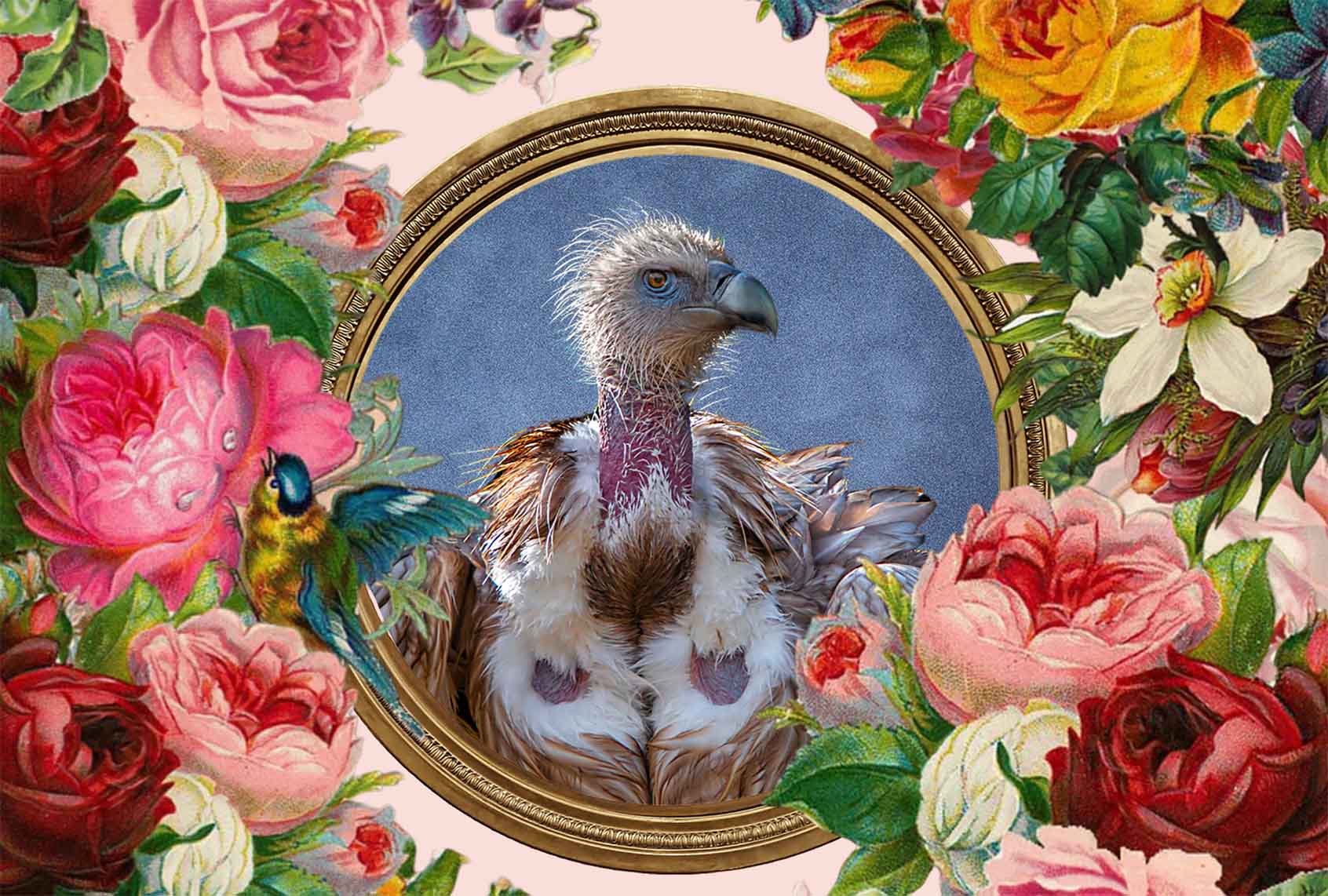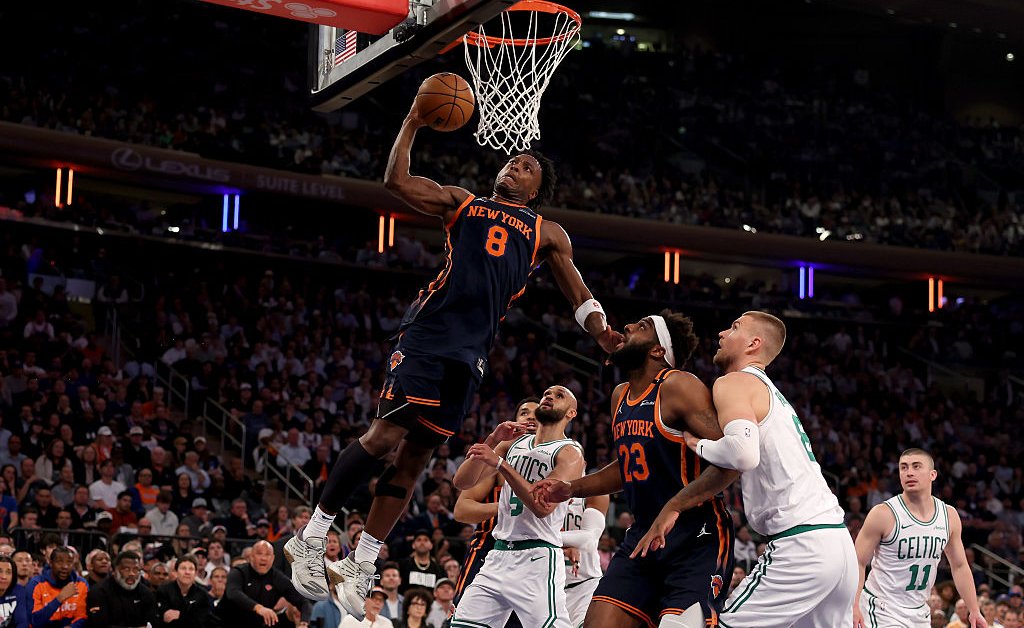Now Reading: Your mom’s so ugly
-
01
Your mom’s so ugly
Your mom’s so ugly

Many human mothers often feel unappreciated at times, perhaps by teenagers who don’t check if the dishwasher is dirty or clean, don’t turn their laundry the right way, or use slang for “hello” instead of asking about dinner. Despite feeling underappreciated, the lack of recognition for some remarkable animal mothers is more significant. These mothers are often criticized for being a little creepy or crawly. However, for their offspring, animals like naked mole rats, vultures, centipedes, and aye-ayes are as cherished as any human mother is by her child.
In Western culture, vultures are commonly associated with death and are not typically viewed as symbols of maternal love. However, ancient Egyptians revered vultures as caring parents and symbols of motherhood. Vulture expert Corinne Kendall highlighted that vultures are excellent parents, although there is a lack of detailed studies on their parenting behavior. Vultures, like the white-backed vultures, invest heavily in raising their chicks, ensuring a high survival rate for their young.
Similarly, naked mole rat mothers are also exceptional caregivers, despite their unconventional appearance. These mothers have a unique family structure where a single female, or queen, is supported by a group of sterile workers and a few males. The queen remains fertile throughout her life, producing numerous offspring and receiving care and support from her colony.
Even centipedes, with their eerie appearance, exhibit remarkable maternal care by protecting and nurturing their offspring. The attentive care provided by centipede mothers ensures the survival of their young in challenging environments. Additionally, aye-aye mothers, though considered visually unattractive, play a crucial role in teaching their offspring essential skills for survival.
In essence, while these animal mothers may not fit conventional standards of beauty, their dedication and care for their young are truly admirable, showcasing the diverse and remarkable ways motherhood is expressed in the animal kingdom.






